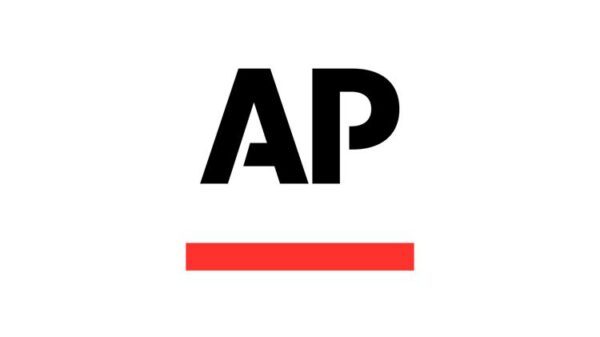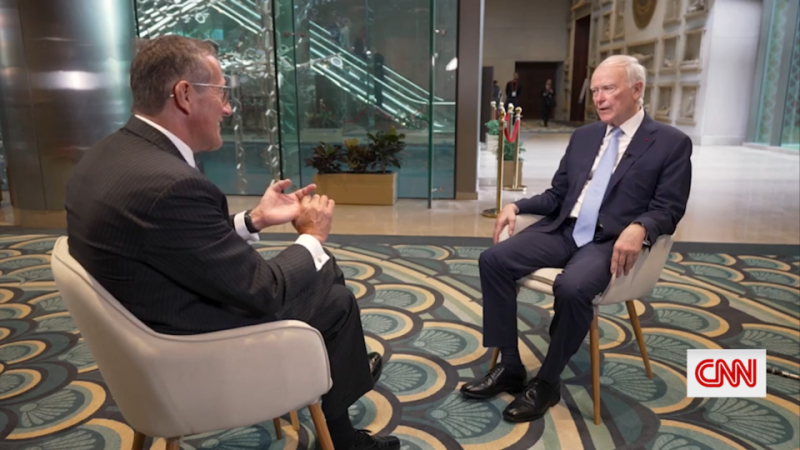In a candid critique of the aviation industry’s leading manufacturers, Emirates President Sir Tim Clark has expressed frustration over delivery delays and supply chain issues affecting both Airbus and Boeing. Speaking at a recent industry event, Clark did not mince words, stating,
“By now you should’ve got your act together.”
His comments highlight ongoing challenges in the aviation sector as it grapples with post-pandemic recovery.
The delays have been a significant issue for Emirates, one of the world’s largest airlines, which relies heavily on timely aircraft deliveries to maintain its extensive global network. The airline has been waiting for new aircraft to update its fleet and expand its routes, but supply chain disruptions have stalled these plans.
Impact on Emirates’ Operations
The delivery delays have forced Emirates to reconsider its operational strategies. The airline has had to adjust its schedule and fleet utilization, impacting its ability to meet growing passenger demand. According to industry analysts, this could have long-term implications for Emirates’ market position, especially as global travel rebounds.
Clark’s criticism underscores the pressure on Airbus and Boeing to resolve these issues swiftly. Both manufacturers have faced challenges in ramping up production following the COVID-19 pandemic, which disrupted global supply chains and labor availability.
Challenges Facing Airbus and Boeing
Airbus and Boeing, the two giants of the aerospace industry, have been struggling to meet delivery schedules due to a combination of factors. These include shortages of critical components, labor shortages, and logistical bottlenecks. The pandemic exacerbated these issues, leading to significant backlogs in aircraft deliveries.
According to a recent report by aviation consultancy firm Ascend by Cirium,
global aircraft deliveries in 2022 were down by approximately 20% compared to pre-pandemic levels.
This shortfall has put additional pressure on airlines worldwide, not just Emirates, to adapt to the new normal.
Industry Reactions and Expert Opinions
Industry experts have weighed in on the situation, suggesting that both Airbus and Boeing need to implement more robust supply chain strategies to prevent future disruptions. Richard Aboulafia, an aviation analyst, commented,
“The current situation is a wake-up call for manufacturers to diversify their supply chains and invest in more resilient production processes.”
Meanwhile, some analysts believe that the delays could present opportunities for smaller aircraft manufacturers to capture market share. Companies like Embraer and Bombardier, which produce smaller regional jets, might benefit as airlines seek alternatives to meet their immediate needs.
Looking Ahead: Potential Solutions and Future Implications
As the aviation industry continues to recover, both Airbus and Boeing are under pressure to address these supply chain issues promptly. Potential solutions include increasing investment in automation, enhancing supplier relationships, and expanding production facilities to diversify risk.
The implications of these delays extend beyond Emirates. Airlines globally are watching closely, as the ability of Airbus and Boeing to deliver on time will influence fleet planning and expansion strategies across the industry. For Emirates, resolving these issues is critical to maintaining its competitive edge and continuing its growth trajectory in the post-pandemic era.
In conclusion, Sir Tim Clark’s remarks serve as a stark reminder of the challenges facing the aviation industry. As manufacturers work to overcome these hurdles, the coming months will be crucial in determining the future landscape of global air travel.






































































